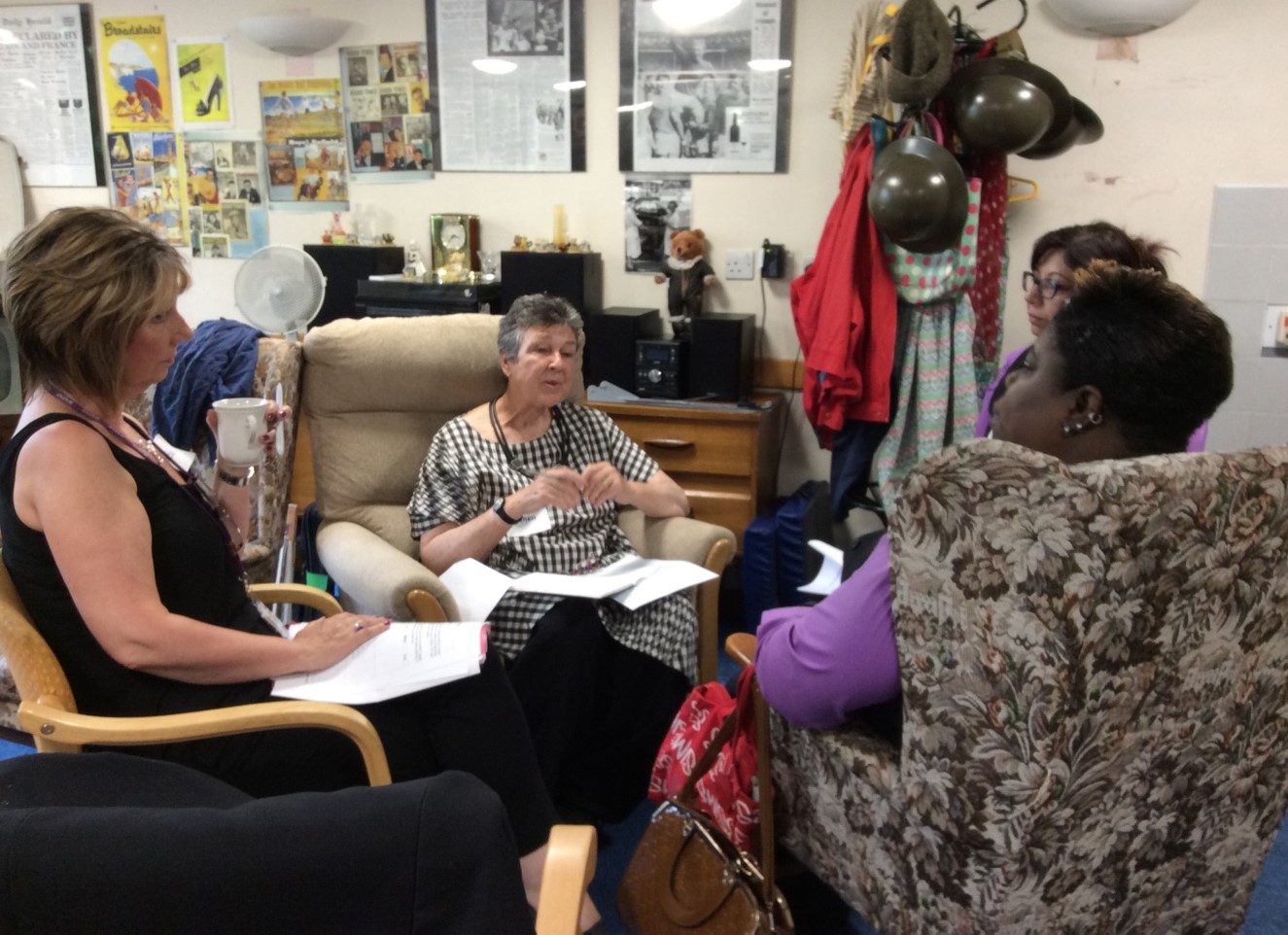‘Bring back that loving feeling’: Sexuality in later life and the impact of ageism

Trish Hafford-Letchfield is challenging ageist stereotypes about older people being asexual and calls for greater discussion around sexual in care settings
For many of us, intimacy and sexuality are integral to our life experiences, and the importance of intimacy, love and sexual pleasure has been demonstrated as essential throughout all stages of the lifecourse. Having the opportunities to engage with and enjoy intimate and personal relationships can also promote wellbeing and at a broader level social cohesion and social inclusion.
The silence surrounding older people’s sexuality however can also mirror older people’s invisibility in other areas of society. Ageism associated with sexuality is also constructed through the influences of attitudes promoted by the media, attitudes by younger people towards sexuality in later life, older people’s attitudes towards their own sexuality and attitudes of those who provide care services.
The stereotype of an asexual older person sits alongside a growing abundance of evidence that many older adults are indeed sexually active and we need much more research that draws on the voices and experiences of older people themselves. In 2018, we conducted a systematic review of the evidence on what older people said about their own sexuality. We found just 20 studies spanning 27 years from Australia, Brazil, Canada, China, Germany, Iran, Korea, Sweden, USA and Uganda, illustrating that there is no single way of engaging older people in discussing their sexuality.
Despite these different cultural contexts, the messages from older people was consistent and clear: social constraints and the delegitimisation of their sexuality from their family, friends, society both subtle and overt affects older peoples own sense of autonomy and wellbeing. The sources of stigma were external and internalised in the form of shame and embarrassment.
They had a lot to say however about their experiences which provided rich insights and reminds us of the importance of making space for the views and concerns of a population that otherwise, might not be heard.
The challenges of ageing enable older people to explore and experiment with their sexuality
Cognitive and psychological changes can result in a greater sense of entitlement for pleasure, various sorts of reappraisals, loosened inhibitions, and a better understanding of both one’s self and others. Sex in later life was also enhanced by a growing knowledge of one’s own body, the ability to derive pleasure from it (alone or partnered), feeling more comfortable with partners, with changing sexual practices and with less attention to fertility.
Relationship quality may mediate the experience of the ageing body, as whilst many people experienced frustrations due to health conditions such as erectile dysfunction, and vaginal dryness, this was less important to them if they were in a relationship where they could improvise and enjoy other forms of intimacy. Disability, illness, sexual dysfunction or simply life experiences facilitate an appreciation for other aspects of sexuality, such as coexistence, affection and companionship. Across studies in our review, older people specified that sexuality in later years produced richer and deeper feelings than those experienced earlier in life and reported more pleasure from varied aspects of sexuality such as cuddling, foreplay, masturbation, and so on.
Read more:
RUDE creates short videos to talk sex and intimacy in later life
—
Trish Hafford-Letchfield is Professor of Social Care at Middlesex University, London, UK. She is a qualified nurse, social worker and educator and her main interests are in promoting the quality of older people from marginalised communities: https://www.mdx.ac.uk/about-us/our-people/staff-directory/profile/hafford-letchfield-trish


Facebook Comments